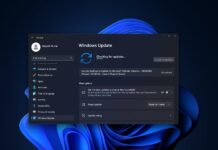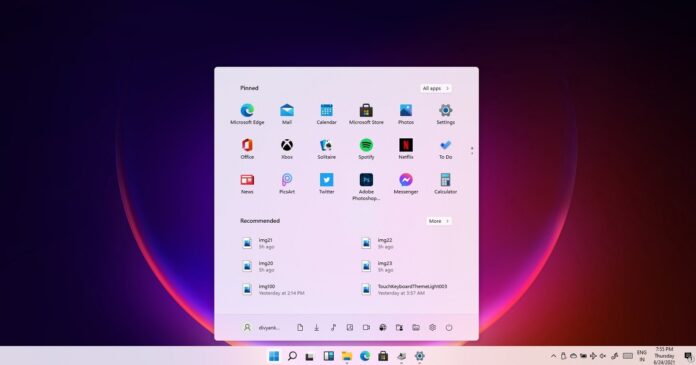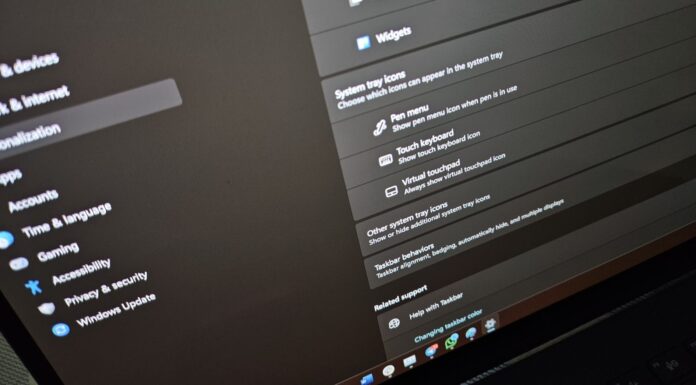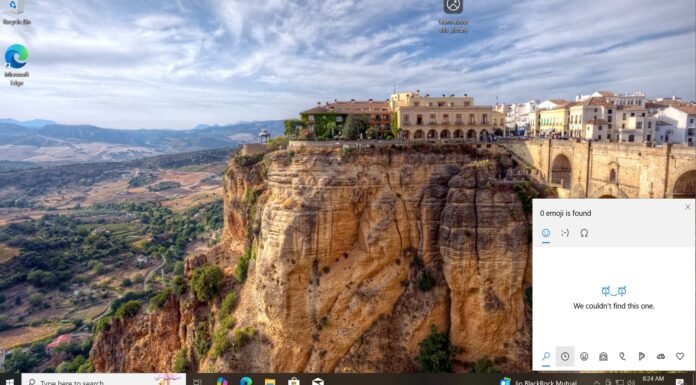Windows 11 follows the company’s typical staggered rollout schedule and Microsoft isn’t moving away from extremely slow rollouts. The company believes that releasing Windows 11 or other big updates a few to catch any big bugs before rolling out to everyone is the safest option.
Windows 11 is plagued with random bugs and restrictions or limitations haven’t helped with the rollout. For example, the company recently placed an upgrade block on devices using certain versions of the Intel SST audio controller driver which results in Blue Screen of Death errors.
The slow rollout and upgrade block allows the tech giant to identify and resolve potential conflicts with certain configurations. This ensures a smoother update experience for more users, according to Microsoft officials. As many supported PCs are still stuck on Windows 10 and users await Windows 11, the company has finally begun expanding its rollout
Microsoft is expanding the rollout of Windows 11 as the overall feedback is not negative. In a new support bulletin, Microsoft explained that Windows 11 is ready for more supported devices.
“We are advancing the pace of the rollout faster than we previously anticipated,” Microsoft said. Microsoft added that the rollout experience and user feedback has been positive and the company is now making the upgrade broadly available to more eligible Windows 10 hardware.
It’s worth pointing out that Microsoft is offering Windows 11 on eligible devices only. If you have unsupported hardware, you’ll need to bypass the restrictions manually by making changes to Windows Registry.
Windows 11 improvements and rollout
Windows 11 arrived with plenty of design improvements like a new Start menu, taskbar notification center, and features like Microsoft Store, Windows Settings, better resources management for hybrid processors, improvements to various areas of the operating system, and more.
Surely enough, Windows 11 has brought in its own fair share of bugs, issues, and limitations, some of which will be fixed in a future release. However, Windows 11 is an optional upgrade and users can stay on Windows 10, which will be updated every year with some improvements.
Microsoft is increasingly cautious of Windows feature updates rollout, but due to positive feedback from users, Microsoft is also planning to push Windows 10 feature updates to older versions of Windows 10. Notably, Windows 10 version 2004 will soon be reaching their end of support.





















